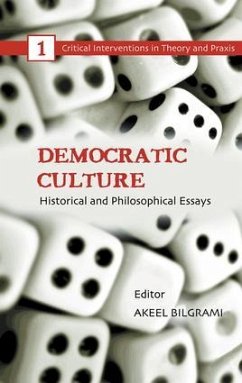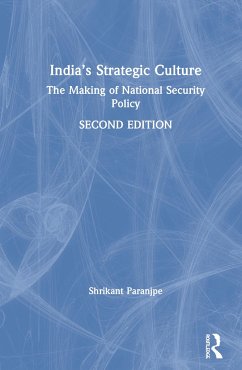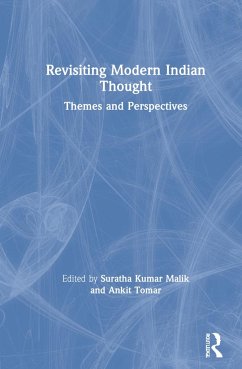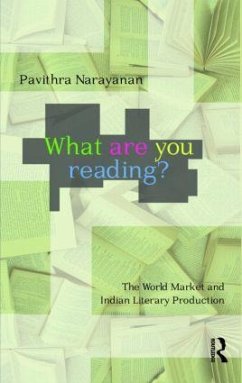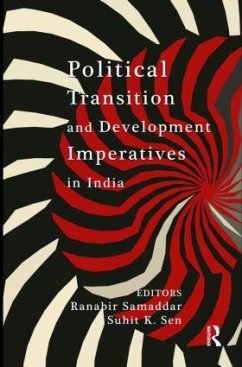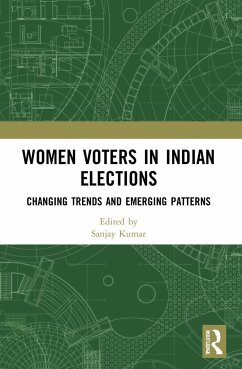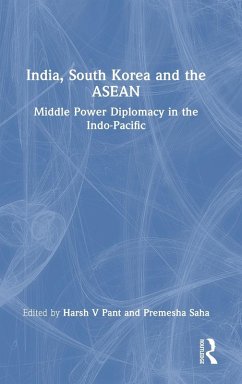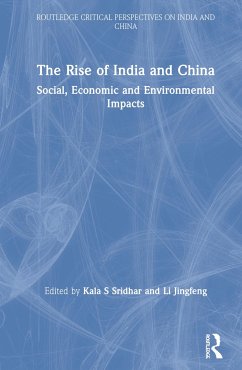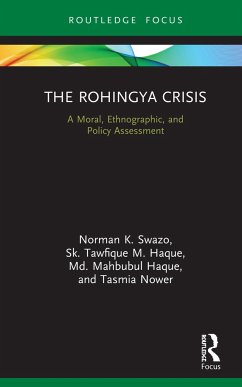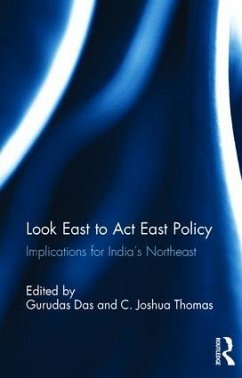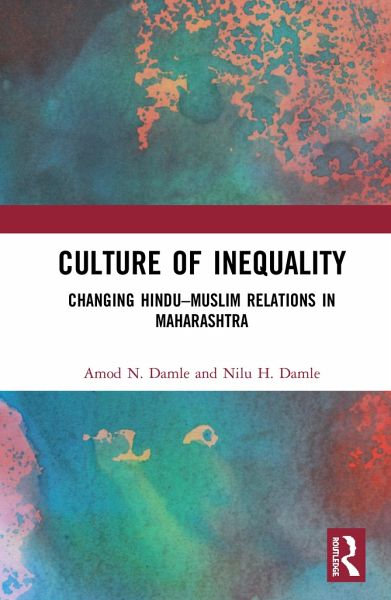
Culture of Inequality
The Changing Hindu-Muslim Relations in Maharashtra
Versandkostenfrei!
Versandfertig in 1-2 Wochen
167,99 €
inkl. MwSt.
Weitere Ausgaben:

PAYBACK Punkte
84 °P sammeln!
This book offers a historical perspective on the changing Hindu-Muslim relationship in India through a study of syncretic traditions in Kurundwad, Maharashtra. It explores the social and cultural dynamics between the two communities and analyses underlying issues of caste hierarchy, Hindu hegemony, and social dominance. The volume focusses on how the realization of cultural distinctiveness, politics of identity, and the struggle for dominance have played a role in shaping Hindu-Muslim relations in Maharashtra. Through field interviews conducted over three years, the authors contextualise and a...
This book offers a historical perspective on the changing Hindu-Muslim relationship in India through a study of syncretic traditions in Kurundwad, Maharashtra. It explores the social and cultural dynamics between the two communities and analyses underlying issues of caste hierarchy, Hindu hegemony, and social dominance. The volume focusses on how the realization of cultural distinctiveness, politics of identity, and the struggle for dominance have played a role in shaping Hindu-Muslim relations in Maharashtra. Through field interviews conducted over three years, the authors contextualise and analyse the nature of cultural hybridity in Kurundwad and how the relationship has changed over the years. The book also focusses on notions of tolerance and inequality, and provides insights into the reasons for the growing distinctiveness in cultural and religious identity in Kurundwad since the 1990s, in the aftermath of the demolition of the Babri Masjid and the Shah Banu verdict. The book provides a comprehensive framework for understanding the relationship between Hindus and Muslims in India. It will be of great interest to researchers and students of sociology, politics, modern history, cultural studies, minority studies, and South Asian studies.




